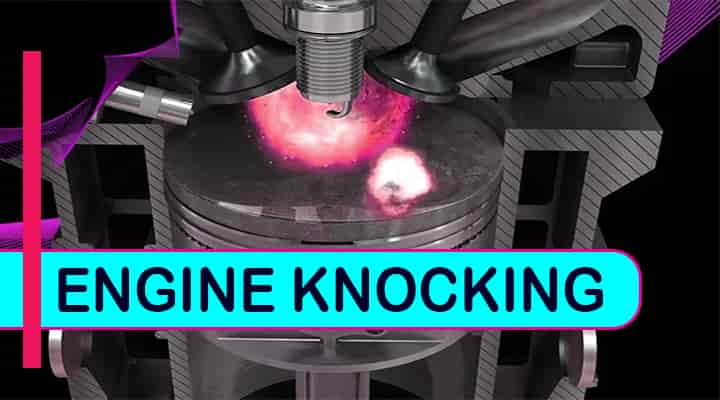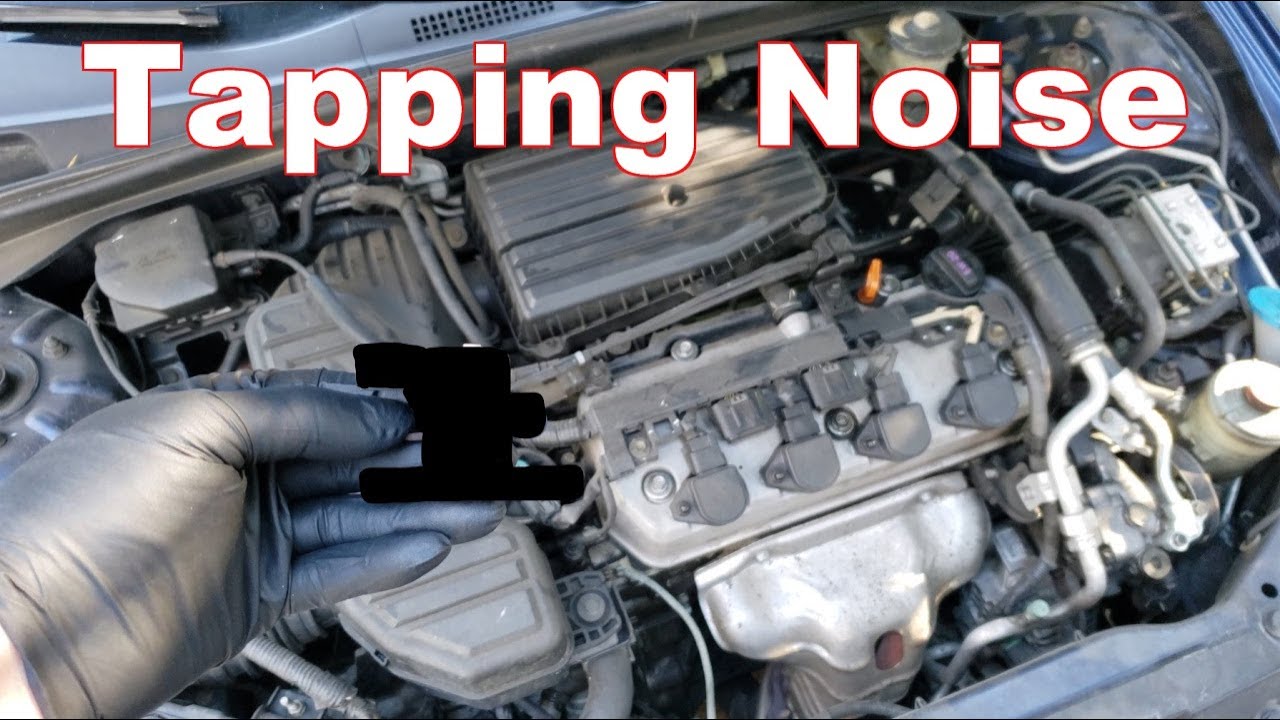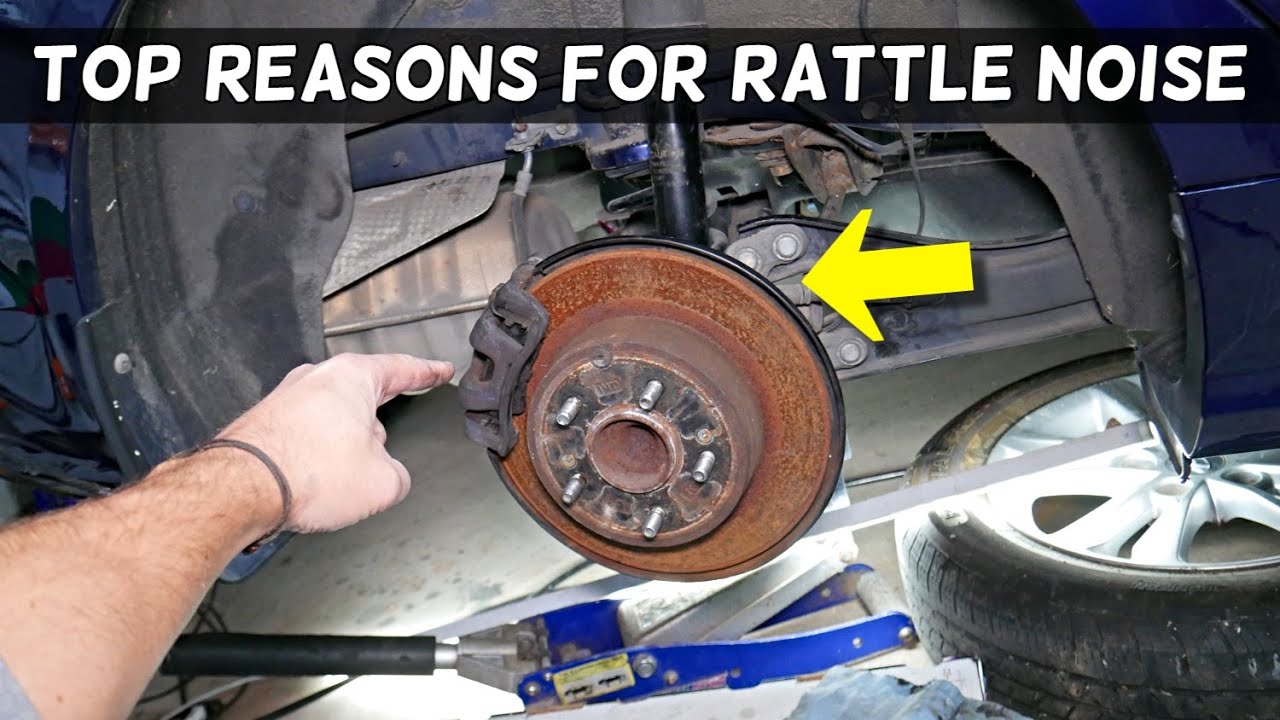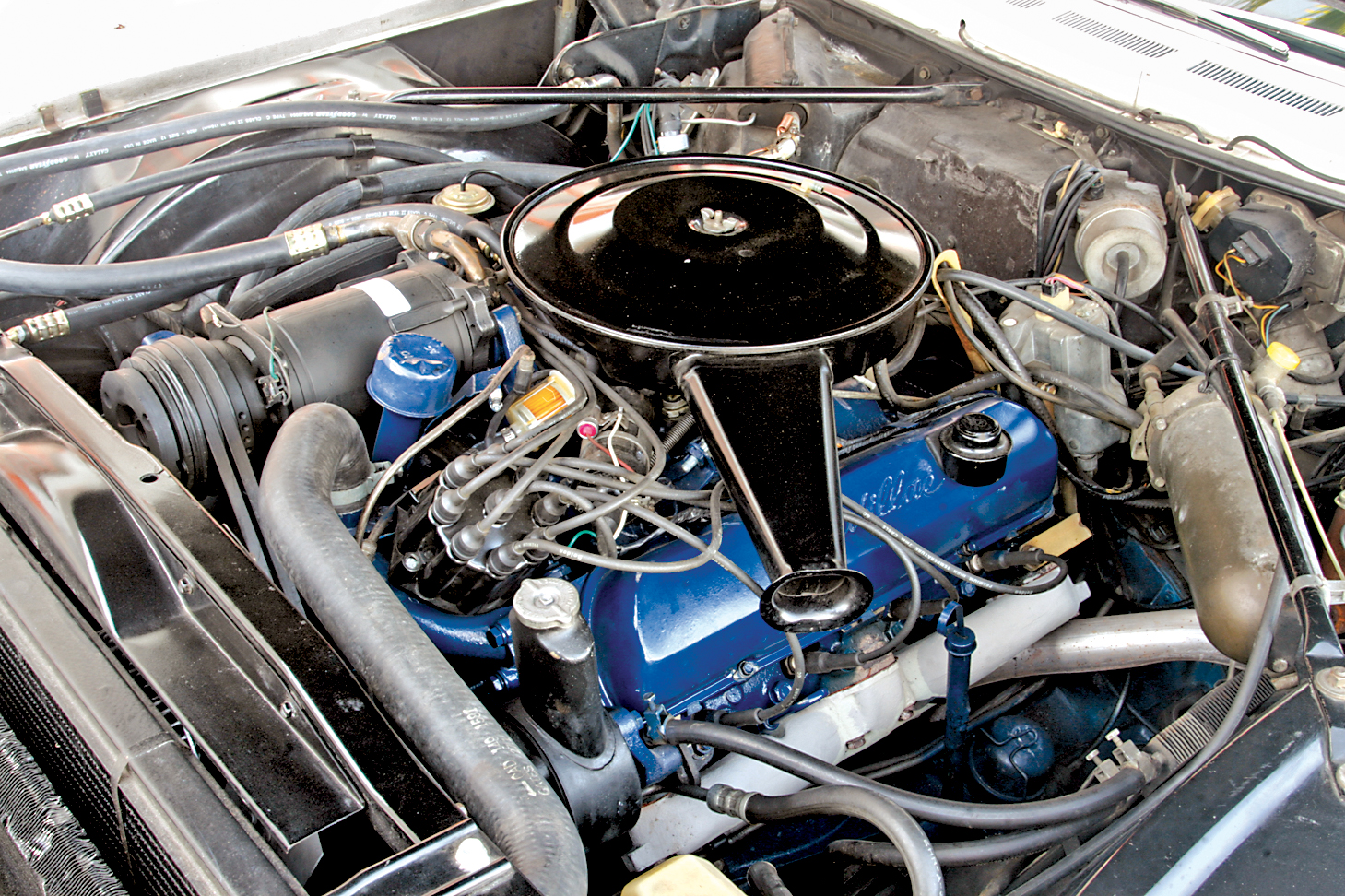Your car’s engine is its heart, and like any vital organ, it’s important to pay attention to the signals it sends. One of the most obvious indicators that something might be wrong with your engine is unusual noises. While some sounds may be harmless, others can indicate serious issues that require immediate attention.
Understanding these noises can help you diagnose potential problems early, preventing costly repairs and ensuring your vehicle remains safe and reliable. In this guide, we’ll explore five common car engine noises and what they mean.
By familiarizing yourself with these sounds, you can better understand your vehicle’s needs and take proactive steps to maintain its health. Whether you’re hearing a strange knocking, a persistent hissing, or a troublesome squealing, knowing what to listen for and how to respond can make all the difference. Let’s see into each noise and learn what it signifies about your engine’s condition.
1. Knocking or Pinging
A knocking or pinging noise from the engine, especially when accelerating or under load, can indicate a serious issue that needs immediate attention. This sound is often caused by pre-ignition or detonation, where the air-fuel mixture in the cylinders ignites prematurely or unevenly. Pre-ignition can lead to significant engine damage over time if not addressed promptly.
Common causes of knocking or pinging include low-quality fuel, carbon buildup on the spark plugs or in the combustion chamber, incorrect ignition timing, or a faulty knock sensor. Using higher-octane fuel can sometimes resolve the issue, but it’s important to consult a mechanic to diagnose and fix the underlying problem.

Ignoring this noise can lead to severe damage to the engine’s pistons, cylinders, and other components. Regular maintenance, including using the recommended fuel grade and keeping the ignition system in good condition, can help prevent knocking or pinging sounds. If you hear this noise, it’s crucial to have your vehicle inspected by a professional mechanic as soon as possible to avoid costly repairs and ensure your engine remains in good health.
2. Squealing or Screeching
A high-pitched squealing or screeching noise, especially when starting the car or accelerating, often indicates a problem with the engine’s belts. The most common culprit is a worn or loose serpentine belt, which drives multiple engine accessories such as the alternator, power steering pump, and air conditioning compressor. Over time, the serpentine belt can become worn, cracked, or glazed, leading to slippage and the characteristic squealing sound.
Another possible cause of squealing is a worn or loose timing belt, which is critical for synchronizing the engine’s camshaft and crankshaft. If the timing belt is not properly tensioned or is nearing the end of its lifespan, it can produce a screeching noise and potentially lead to severe engine damage if it fails.
In some cases, the squealing noise may also be caused by a failing pulley or tensioner. These components help maintain the proper tension on the belts and can wear out over time, leading to belt slippage and noise.
To address a squealing or screeching noise, it’s important to have your vehicle inspected by a mechanic. They can determine the condition of the belts and pulleys and recommend the necessary repairs or replacements. Regularly inspecting and maintaining the engine’s belts can help prevent these noises and ensure your vehicle runs smoothly.
3. Hissing
A hissing noise from the engine bay can be indicative of several potential issues, most commonly related to fluid leaks or vacuum leaks. One of the first things to check is the cooling system. If you hear a hissing sound immediately after turning off the engine, it might be due to a coolant leak. This could come from a damaged radiator hose, a leaky radiator, or even the coolant reservoir. It’s crucial to address this issue promptly to prevent engine overheating and potential damage.
Another common cause of a hissing noise is a vacuum leak. Vacuum hoses and connections in the engine bay can deteriorate over time, leading to leaks that affect the engine’s performance. A vacuum leak can result in erratic idling, poor fuel economy, and increased emissions. Identifying and fixing a vacuum leak can restore the engine’s proper operation and prevent further issues.

Additionally, a hissing sound can be caused by a problem with the exhaust system, such as a cracked exhaust manifold or a leaking exhaust gasket. This can lead to reduced engine performance and increased noise levels, making it essential to address the issue promptly.
If you hear a hissing noise from your engine, it’s important to have your vehicle inspected by a mechanic. They can identify the source of the noise and recommend the necessary repairs to ensure your engine operates efficiently and safely.
4. Tapping or Clicking
A tapping or clicking noise from the engine can be alarming and may indicate an issue with the engine’s valvetrain components. The valvetrain includes parts such as the camshaft, lifters, pushrods, and valves, which control the opening and closing of the engine’s intake and exhaust valves. A common cause of tapping or clicking noises is low engine oil levels or poor oil circulation. Insufficient lubrication can cause increased friction and wear on the valvetrain components, leading to noise and potential damage.
Another possible cause of tapping or clicking noises is a malfunctioning hydraulic lifter. Hydraulic lifters are designed to maintain zero valve clearance by adjusting to the engine’s thermal expansion. If a lifter becomes stuck or fails to function properly, it can result in a tapping noise. This issue often requires the replacement of the affected lifter.
Worn or damaged valve guides and rocker arms can also produce tapping or clicking noises. These components can wear out over time, leading to increased clearances and noise. Regular maintenance, including timely oil changes and using the correct oil grade, can help prevent these issues.
If you hear a tapping or clicking noise from your engine, it’s important to have your vehicle inspected by a mechanic. They can diagnose the cause of the noise and recommend the necessary repairs to ensure your engine operates smoothly and efficiently.
5. Rattling
A rattling noise from the engine can be caused by a variety of issues, ranging from minor to serious. One common cause of rattling is a loose or damaged heat shield. Heat shields are thin metal plates that protect various components from excessive heat generated by the engine and exhaust system. Over time, heat shields can become loose or corroded, leading to a rattling noise, especially at certain engine speeds or when driving over rough surfaces.
Another potential cause of rattling is a failing catalytic converter. The catalytic converter is a critical part of the exhaust system that reduces harmful emissions. If the internal components of the catalytic converter break down, it can create a rattling noise. A failing catalytic converter can also result in reduced engine performance and increased emissions, making it important to address the issue promptly.

In some cases, a rattling noise can indicate a more serious issue, such as a problem with the engine’s timing chain or timing belt. These components are responsible for synchronizing the engine’s internal components, and if they become loose or worn, they can produce a rattling noise. Ignoring this issue can lead to severe engine damage, so it’s crucial to have it inspected and repaired as soon as possible.
If you hear a rattling noise from your engine, it’s important to have your vehicle inspected by a mechanic. They can identify the source of the noise and recommend the necessary repairs to ensure your engine operates safely and efficiently.
By understanding these common car engine noises and what they mean, you can take proactive steps to address potential issues and maintain your vehicle’s health. Regular maintenance, timely inspections, and addressing problems early can help you avoid costly repairs and ensure your car remains reliable and safe.

